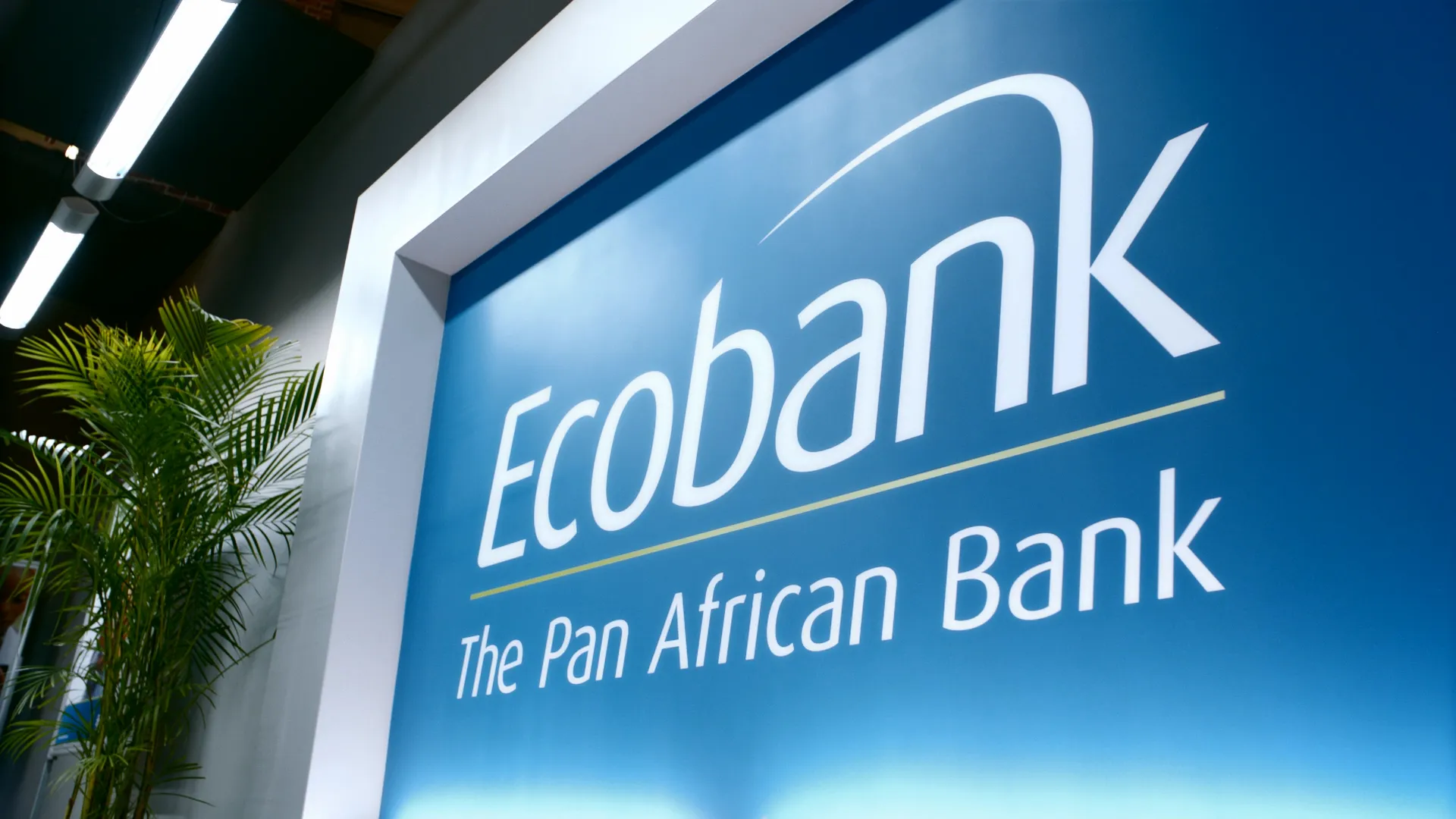
Small and medium-sized businesses (SMEs)are often described as the backbone of most economies. Large-scale investment by huge corporations usually attracts most of the headlines but SMEs make a huge contribution to GDP and account for more employment than their larger counterparts.
It is therefore vital that SMEs have adequate access to financial services, but this has traditionally been lacking in large parts of Africa. However, virtually every multilateral organisation operating on the continent is now trying to support those banks keen to expand into the sector.
SMEs account for more than 50% of employment globally, ranging from sole traders up to medium-sized firms with 500 staff. World Bank statistics suggest that they account for 38% of sub-Saharan Africa’s entire GDP, although this figure would be much higher if the contribution of the difficult-to-calculate informal business sector were included.
According to consultants McKinsey, SMEs make up about 98.5% of all commercial enterprises in South Africa, for instance, yet a 2018 survey revealed that only 6% of them reported ever receiving government funding, with 9% managing to access bank and other private sector financing.
Related articles
- African Guarantee Fund’s plan to unlock $10bn in SME funding
- Africa’s SMEs will make or break its food systems
- Why digitalisation is crucial for African SMEs
As small businesses are currently much less likely to secure bank loans than large firms, many rely on cash injections from family or friends to set up or expand their operations.
African banks in most markets had traditionally focused on serving large corporations, state-owned enterprises and wealthy clients, leaving the bulk of the population and most SMEs unserved or underserved.
Many insisted on high opening balances, often of $1,000, to open an account. Under this traditional banking approach, evidence of a sound credit history and strict collateral requirements made it almost impossible for many SMEs to open even a basic bank account to handle transactions.
The Covid-19 crisis in general and lockdown restrictions in particular also had a huge impact on SMEs across Africa. Many were reluctant to take on debt or further leverage their businesses because of uncertainty over their future ability to repay loans.
They also found it difficult to access official financial support designed to help them survive the pandemic, particularly as many banks required businesses to have an existing relationship with them, which automatically excluded unbanked SMEs.
Three revolutionary developments
However, three parallel developments are currently revolutionising the sector. Firstly, digital technology is reducing the cost of providing services to business or retail customers with limited incomes. Scaling financial services’ technology to reach more people is cheap in comparison with the costs of building platforms in the first place.
There is also scope for digital banks and fintechs to tap into the underexploited small business market by allowing customers to gradually build a credit profile through very small loans.
Secondly, the entry of digital-first banks, telecoms companies and fintechs into the financial services sector has greatly increased competition in the industry. Finally, greater scope for cross-border expansion is allowing banks based in one country to expand into other markets, taking their newfound interest in the SME market with them.
Taken together, these three trends mean that more banks can compete for customers at a time when costs per customer are falling. Both established banks and neobanks are beginning to target smaller businesses across the continent for the potential profits on offer today, but particularly because of the potential profits if and when those companies expand and African economies begin to grow more rapidly.
It appears that most of the benefits of banking digitalisation are yet to filter through. According to the African Banker/Backbase Digital Banking Report 2023, the proportion of banks where at least three quarters of SME customers use digital services currently stands at just 14%, while 35% of banks reported that less than a quarter of their SME clients used them.
Most surprisingly, the research revealed that the uptake of digital banking services by SMEs was even lower than for retail customers, so there is still a long way to go before very small businesses switch to digital banking.
It seems likely that most African businesses are reluctant to utilise any form of banking service because of the preponderance of informal businesses.
According to McKinsey, more than 95% of African SMEs are micro enterprises with fewer than 10 employees, many of them sole traders, 80% of which are informal or unregistered businesses. This means that the vast majority of African SMEs are informal micro enterprises that are unregistered and so almost always unable to open a business bank account of any kind.
A significant proportion may operate their businesses through retail accounts but many will be reluctant to open any kind of bank account where their transactions can be traced because of their lack of legal status. Digital accounts may be particularly offputting in this regard because of the comprehensive transaction trail involved.
However, many African governments are attempting to bring more informal businesses into the official economy, even where their income would be below the relevant national tax threshold. This would bring benefits in terms of data collection and would allow more businesses to access finance, so there could be significant scope for growth in SME banking.
Some African banks are expanding their SME provision solely because of current commercial considerations. For example, Mauritius Commercial Bank (MCB) has recently developed a dedicated SME app called JuicePro, which offers payment services, transaction history, transfers and account management, while trade finance capabilities are now under development. It can be accessed on mobile and internet platforms, as well as in-branch and in self-service kiosks.
Dominic Provençal, MCB’s head of business banking, said: “SME banking has traditionally been overlooked, but there is a significant opportunity to change how small businesses do banking by properly addressing their needs… We wanted to provide our SME customers with convenient mobile banking solutions to satisfy their banking needs.”
The work of the multilaterals
A wide range of initiatives has been launched to promote SME banking in Africa, with the multilaterals increasingly active in the sector. Many are opting to use blended finance, which is the strategic use of development finance and philanthropic funds to mobilise private capital flows to emerging and frontier markets.
By working with African regional financial institutions and commercial banks, global multilaterals can help provide access to loans, equity investment, guarantees, grants and technical assistance, and can also help SMEs make connections with potential investors. Moreover, the involvement of commercial banks can encourage the participation of other potential investors.
In April, the IMF and World Bank issued a joint statement calling for the provision of dedicated SME financing in low income countries in general and Nigeria in particular to enhance inclusive growth and cushion the impact of high inflation and interest rates.
At the same time, the World Bank has now launched a variety of strategies to help local banks provide financing to SMEs in different African countries.
It helped finance the creation of the Development Bank of Nigeria (DBN), a wholesale development finance institution that provides long-term financing and partial credit guarantees to financial institutions that lend to SMEs. It also provides technical assistance to DBN and participating commercial banks in adapting their operations to work with very small businesses.
Morocco has been particularly successful in attracting support, including via the World Bank’s SME Development project, which improves access to SME finance by supporting the provision of credit guarantees.
In June 2023, the European Bank for Reconstruction and Development (EBRD) announced a €50m credit line for Bank of Africa (BOA) to improve financing for SMEs in Morocco, particularly those in underserved regions, because of lack of support from Morocco’s banking sector as a whole. It also aims to mitigate the impact of the war on Ukraine on SME lending.
BOA’s Director and General Manager, Brahim Benjelloun-Touimi said: “We continue with our strategy of more inclusive finance, particularly regarding those who represent the bulk of the Moroccan productive fabric, namely SMEs, and remain resolute in our quest for a positive impact on our customers, our stakeholders and more generally on the environment of our activities.”
This credit line was provided just two months after the International Finance Corporation (IFC) of the World Bank said that it would invest $77m in a risk-sharing facility with BOA to improve access to finance for small businesses in 10 sub-Saharan countries: Benin, Burkina Faso, Côte d’Ivoire, Ghana, Madagascar, Mali, Niger, Senegal, Tanzania and Togo.
The IFC investment will be used to guarantee 50% of an anticipated 12,000 new loans. Increasing its exposure to SMEs is one of the three pillars of BOA’s business strategy, while the IFC says that 53% of SMEs in the 10 target countries are constrained by lack of access to finance, with an estimated $21bn shortfall in current financing. The lack of access to financial services seems to be particularly acute in the Sahel but is a problem across the continent.
As might be expected, the African Development Bank (AfDB) is becoming increasingly involved. Through its Africa SME Programme, it provides African local financial institutions with lines of credit and technical assistance to support SME lending.
Many very small business owners lack some of the skills needed to provide the information banks need to make loan decisions. As a result, the AfDB is providing funding to help SME applicants prepare non-concessionary loan applications through business plan development and financial literacy training, while seeking to encourage local financial institutions to view SMEs as a real market opportunity. The programme has a $125m budget over four years. Finally, after years in the wilderness, it seem that SMEs can come in out of the financial cold.
Want to continue reading? Subscribe today.
You've read all your free articles for this month! Subscribe now to enjoy full access to our content.
Digital Monthly
£8.00 / month
Receive full unlimited access to our articles, opinions, podcasts and more.
Digital Yearly
£70.00 / year
Our best value offer - save £26 and gain access to all of our digital content for an entire year!

 Sign in with Google
Sign in with Google 



